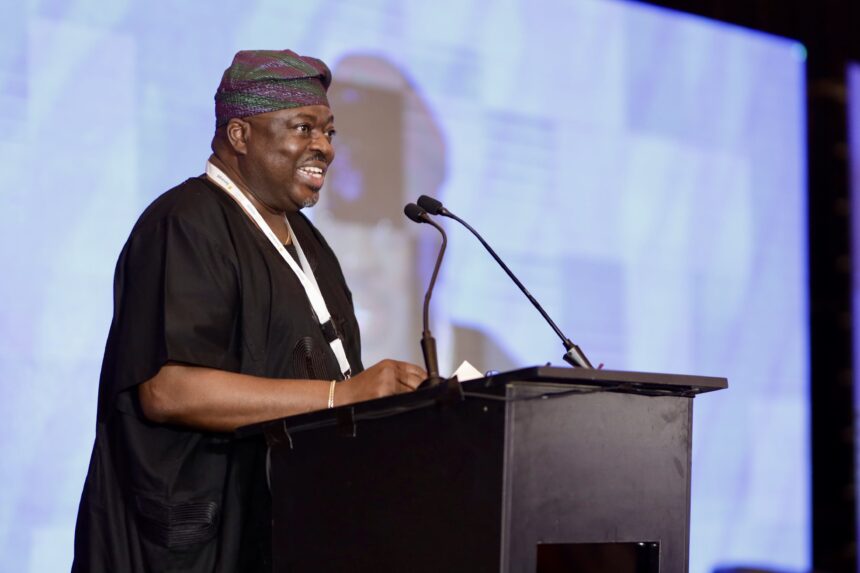Africa must act swiftly to bridge its digital literacy gap and confront the urgent challenge of energy poverty, says Olakunle Osobu, Deputy Managing Director of NLNG.
Osobu made the call while delivering the keynote address at the 2025 Africa Energy Technology Conference, AETC, in Accra, themed “The AI-Powered Energy Revolution: Digital Transformation for Africa’s Future.”
He emphasised the need for African nations to take ownership of their digital innovation journeys.
“Africa has the human capital and potential to drive a transformative agenda that will define its economic, social, and technological future,” he said.
According to Osobu, digital transformation is no longer optional, it is essential.
He highlighted its power to catalyse thriving startup ecosystems and create entrepreneurial opportunities that combat poverty and inequality.
READ ALSO: Naira surges as forex reforms gain traction
As the global economy advances into an increasingly digital age, Africa, he said, found itself at a unique crossroads.
Therefore, the continent now has a rare opportunity to leapfrog outdated systems and establish a digitally native, inclusive, and sustainable energy infrastructure, Osobu said.
Osobu shared insights into how NLNG was already leveraging digital tools, including artificial intelligence, AI, to transform its operations.
“Predictive analytics are now used to foresee equipment failures before they occur, enhancing safety and reducing downtime. AI-powered simulations are optimizing LNG production, lowering emissions, and improving energy efficiency.”
Osobu also highlighted the use of digital twins, virtual replicas of physical assets, which allow the company to test scenarios and make data-driven decisions with remarkable speed and precision.
“We see AI not merely as a tool for optimisation, but as a catalyst for transformation; one that can unlock Africa’s full energy potential and deliver lasting impact for generations to come,” he said.
Acknowledging persistent challenges impeding Africa’s progress, Osobu emphasized the continent’s vast potential in the digital era and urged a fundamental shift in how Africa approaches energy, starting with empowering its youth.
“With the right skills and opportunities,” he affirmed, “young Africans can lead the continent’s digital and energy transformation” if supported by sustainable, affordable, and smart energy solutions.
He further called for a coordinated, multi-sectoral strategy to close Africa’s digital divide.
This includes inclusive policy-making, substantial infrastructure investments, and strengthened public-private partnerships to ensure equal access to digital tools, education, and economic opportunities.














